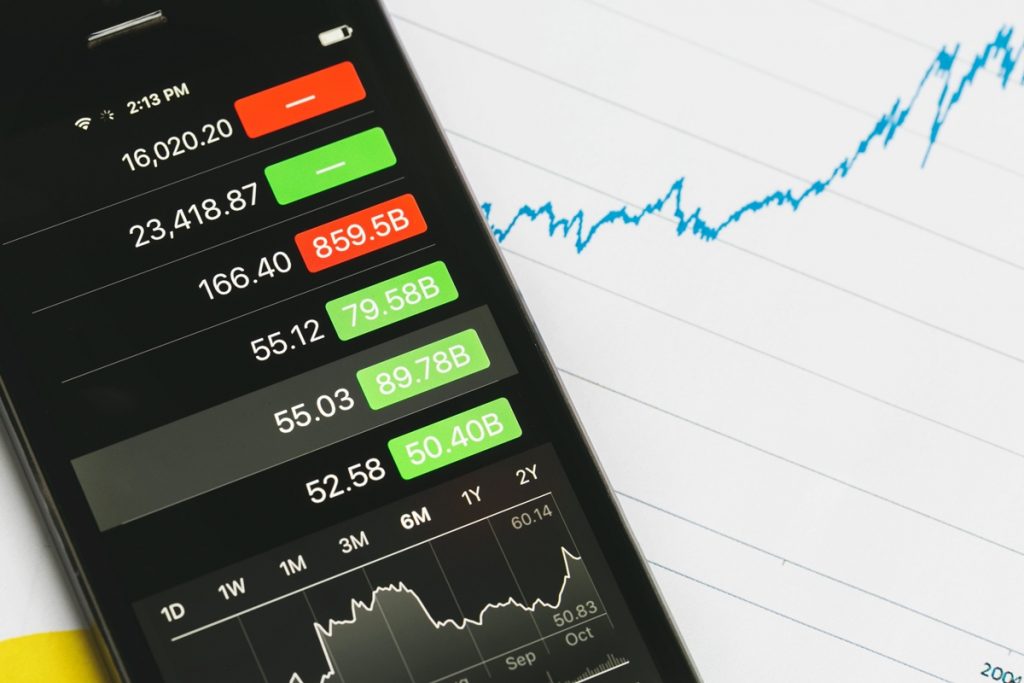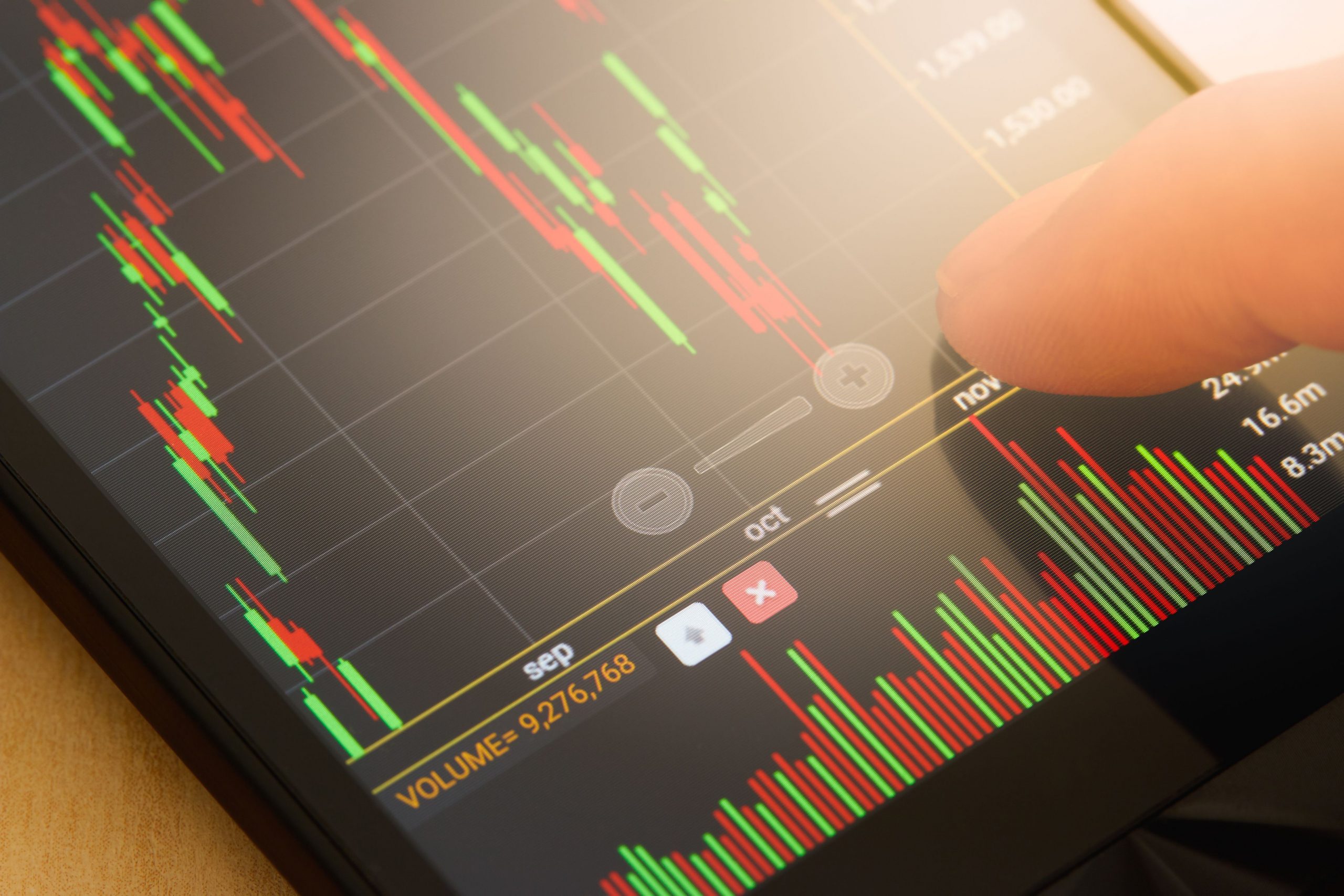The stock market has been around for well over a hundred years, but surprisingly a lot of people know very little about it. Some of that can be due to fear, not of learning, but just the sheer complexity of what goes on in a daily basis. It is also viewed as very risky by most people, which is totally understandable – it is if you don’t know what you are doing. Thankfully in the last 10 years or so the internet has helped out investor education by leaps and bounds. Its now quite easy to research the subject, although you might get more information than you can handle.
The basics of the market seem fairly simple enough. You have companies that issue shares to the public, and by owning a share of stock, you have a partial interest in the company that issued the stock directly proportional to the shares you own. Once the shares are sold to the public, they trade freely from person to person based on supply and demand. Some people think the share price will go higher in the future and buy shares, and others think that the share price will go lower in the future, and sell shares of the company. This is where the simplicity ends.
The first complication is with the word “future” as used above. Each person’s expectation is different. For one person, future might mean the next 3 months. For someone else, it might mean 1 year, and for others it might mean 5 or even 10 years. This affects the amount of shares they trade with (investment size) and how they place the order. In addition to this “future time”, each individual has investment goals, and each stock trade is a small part of the overall investment goal.

The second complication is that the actions of people looking to buy or sell shares is affected by outside sources. What do I mean by this? Well there are related companies to the one you might be looking at. What if you were thinking about buying some shares in automaker A, but another company, automaker B came out with very poor earnings and the price is down sharply. This outside news (its not directly about A at all, but a competitor) will most likely affect the price of A. The most likely scenario is A will go down also, because of fear that what happened to B will happen to A. BUT — that is not always the case. What if B had bad earning BECAUSE A is doing such a stellar job they are grabbing more customers for their cars? In this case A would go up on B’s demise. This type of cross action (usually called correlation or anti-correlation) can actually be several levels thick, none of which have a definable barrier. Meaning you have economic news that says new home are weak, company C, who makes air conditioners is down (because of perceived less demand from new homes), but then company D comes out with earnings that are very good, and company D supplies parts to company C and others like it. What is going on now? You can see how confusing it can get quickly to determine the “future.”
This same scenario plays out with economic news on a daily basis. Economic news reports on the health of the overall economy, which in turn each company trading in the stock market is a part of. Each individual will assess the news in their own way, and this affects decisions also about not only what to buy or sell, but how much and when. While the rising price of oil does not really directly have anything to do with software sales, indirectly it does. As people and corporations have to spend more on gasoline, shipping costs and other indirectly related costs, they have less money to spend to buy new software. This type of interaction happens all the time, at any one point there may be 5-7 factors (or even more) that are affecting people’s judgement on the value of a particular stock. The price movements from day to day come from the side that has the most conviction for that short period of time.
A third, and not last, complication in understanding the stock market is the simple fact that share prices in the short term may have absolutely nothing to do with the viability or earnings of a company. Share prices can rise very quickly or sell down very sharply despite news or research to the contrary. Big players (mutual funds, hedge funds) often need to purchase or sell huge amounts of stock, often times equating to millions, or tens of millions of shares. Sometimes their agenda to buy or sell has little to do with recent news or prospects for a company.
Take this example. Fund A owns 10 million shares of XYZ communications. Fund A has been an investor in XYZ for over 5 years, and has an average cost per share of $6.00. XYZ is currently trading at a share price of $40.00 and all recent news is positive, as is all the news for others that are related. Fund A decides to allocate the money in XYZ to a few other, newer investments and decides to sell the stock. They don’t care about news, they want out to take their profits. So in doing so, the stock of XYZ sells down to $25.00 over the course of a few weeks, puzzling all the other investors who now think there may be something wrong. This leads to more selling. Ultimately the price of XYZ goes to $15.00 before the selling is done. Now if you knew that fund A was the only seller that caused most of the decline, and they were not selling due to the appearance of a problem, it would be easy to load up on cheap shares. However, the actual intentions of buyers and sellers are never known, creating more uncertainty.
All of this goes on every day in the stock market, on a grand scale. These are by no means the only things that affect price action in stocks, they are but a small amount of the factors. Understanding some of this can make everyone a better investor. This information is but the tip of the iceberg when it comes to understanding price movements and the stock market, and is a very broad generalization.

